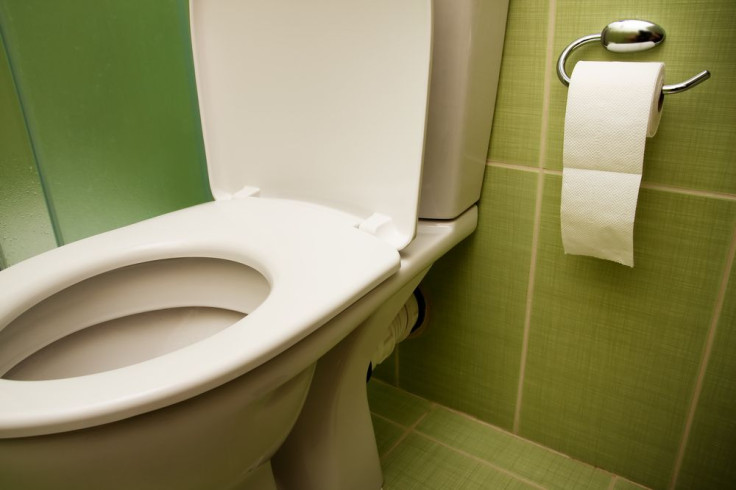Fecal Transplants To Pay Off Your Debt? How Donating Your Poop Could Earn You $13,000 And Save Lives

Anyone living with a Clostridium difficile intestinal infection can explain the truly painful and debilitating effects of the condition. The bacterial infection causes chronic diarrhea, which can leave some housebound for years. Although antibiotics have been the traditional treatment route for a C. difficile infection, for many they're simply ineffective. Fecal transplants have proven to be successful when other approaches fail, but the only problem is getting healthy individuals willing to donate their feces to this good cause. This is where you may come in.
Currently, thanks to the nonprofit organization OpenBiome, an individual can make upward of $13,000 a year by simply donating her feces regularly. The idea behind fecal transplants is that the healthy bacteria from the donor will help to abolish the C.difficile. The fecal matter, either frozen or fresh, is introduced into the patient via a colonoscopy, a relatively quick and painless procedure. As reported by Medical Daily, some patients will have to go through several rounds of antibiotics without relief. For these individuals, a fecal transplant may be the only choice, as nearly every case of fecal transplants has resulted in success.
Fecal transplants are harder to come by than one might imagine. Although individuals may readily donate their hair, blood, and even their sperm, fecal banks are far less stocked. OpenBiome is working to fix this problem by opening up the first nationwide bank. As reported by The Washington Post, so far the organization has provided frozen feces for about 2,000 treatments at 185 hospitals throughout America.
Those interested in donating their feces must be forewarned that the selective process is extremely difficult. "It's harder to become a donor than it is to get into MIT," joked co-founder Mark Smith, The Washington Post reported. For example, of the 1,000 individuals who volunteered to become donors in the past year, only about four percent have been selected. The reason for this is that, according to Smith, it can cost around $5,000. Donors must be tested for Hepatitis B and C, HIV, syphilis, and parasites. They also must be antibiotic-free for up to three weeks, must not suffer from chronic diarrhea or other types of gastrointestinal problems or cancers, and must be free from STDs.
The donors are asked to collect around a “fistful” of feces in the morning and mix this in a blender with a saline solution. The mixture is poured through a coffee filter to get rid of any particles and stored in a plastic container in a cooler. It must be used within six hours of being created. For their work, donors are paid $40 for a sample and an extra $50 if they come in five days a week, meaning that regular donors can earn $13,000 in a year simply by following nature’s call.
Many donors come in multiple times a week and one donor’s feces can go on and help several patients. Although the money must be helpful, co-founder Carolyn Edelstein explained that he likes to keep track of exactly how many individuals each donor’s donation goes on to help in order to let her know of the difference she's making.
"Everyone thinks it's great that they're making money doing such an easy thing," Edelstein said, "But they also love to hear us say, 'Look, your poop just helped this lady who's been sick for nine years go to her daughter's graduation.'"



























